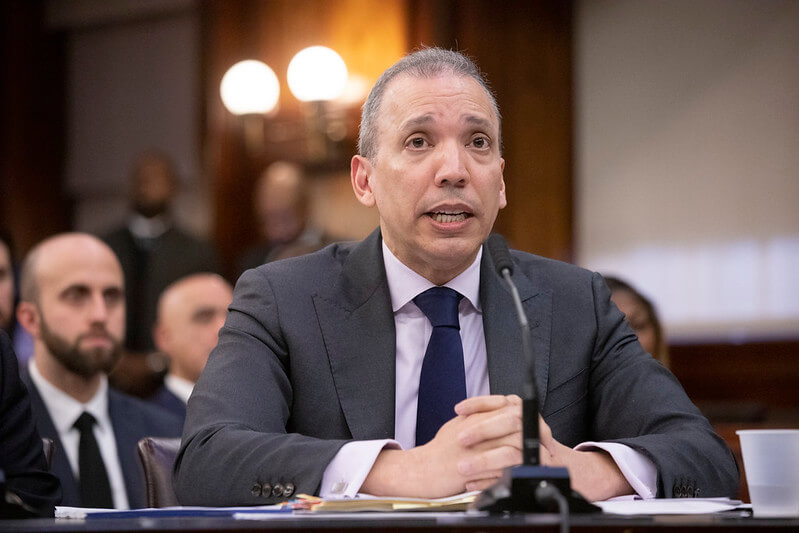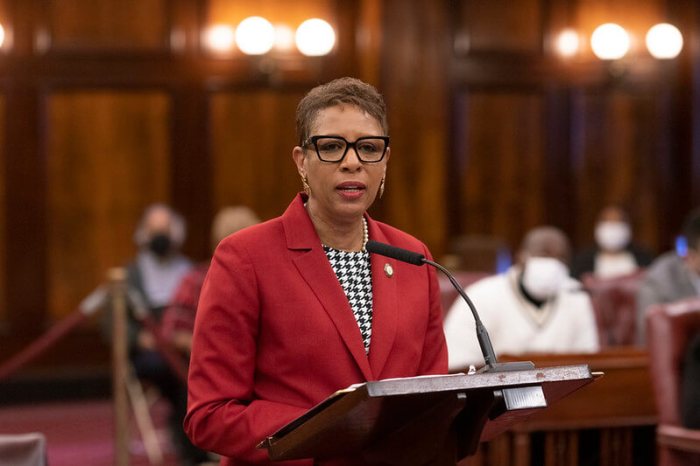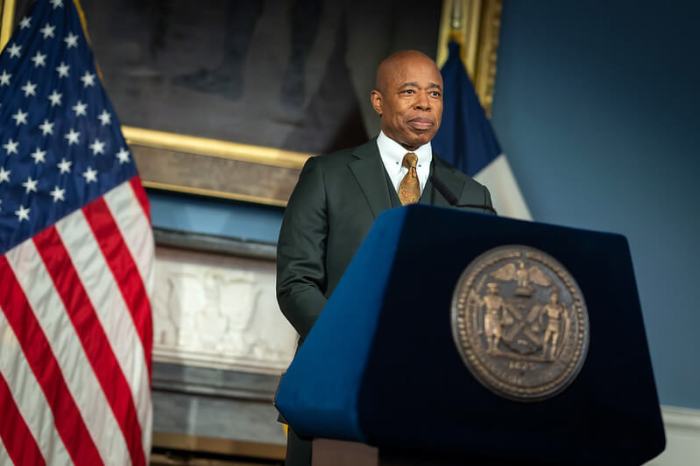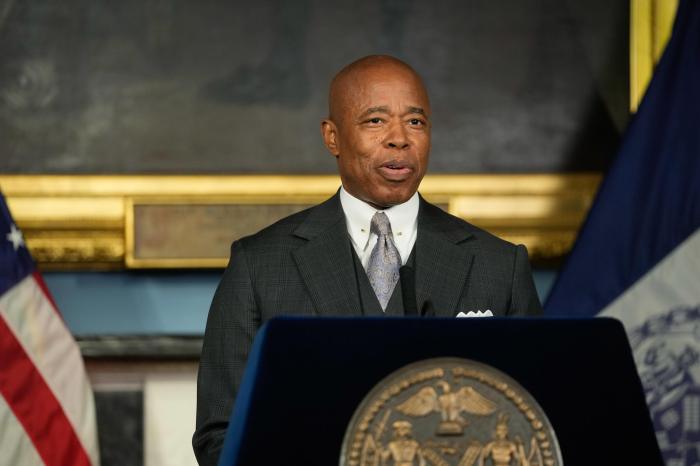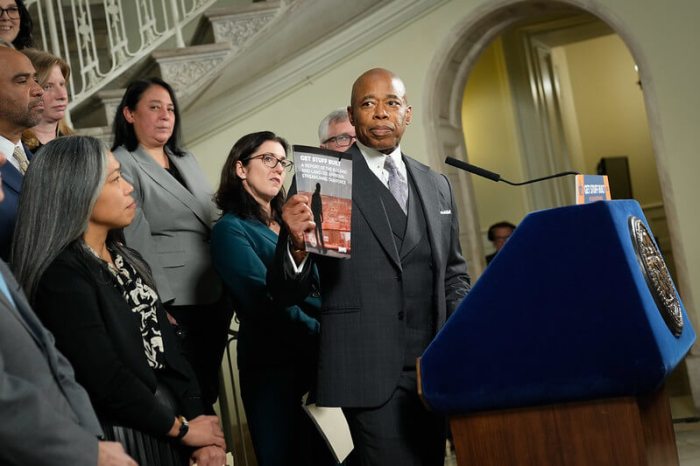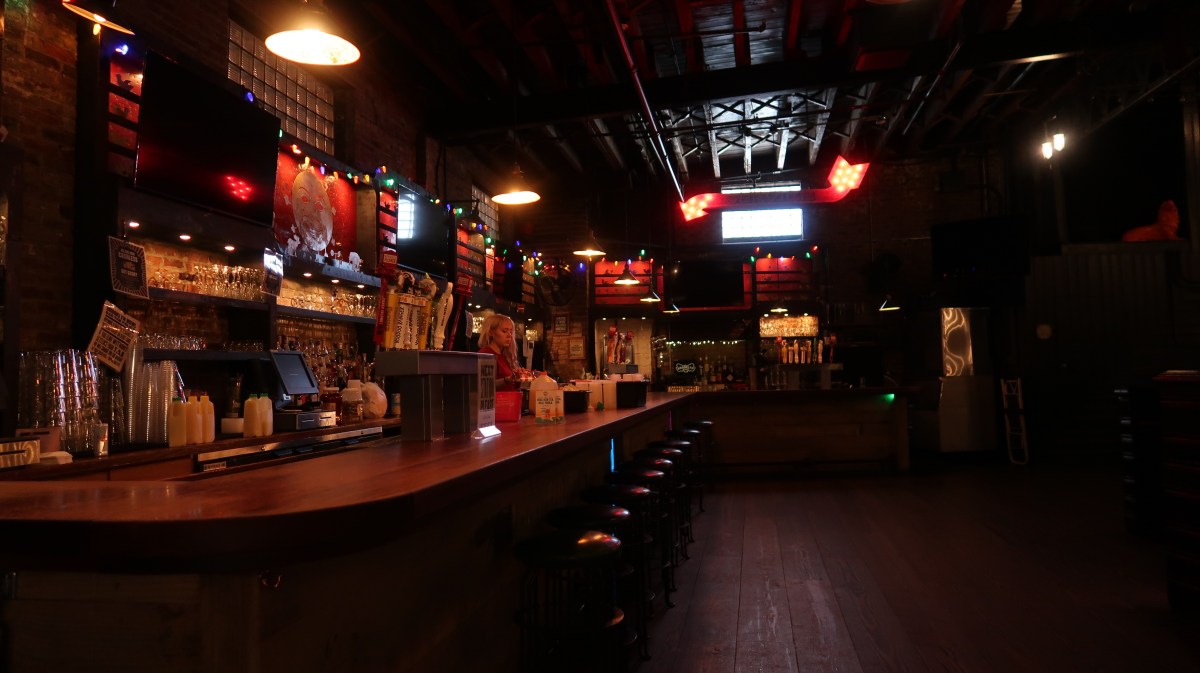New York City Department of Corrections (DOC) Commissioner Louis Molina punted on giving an up-to-date timeline for the closure of Rikers Island and transition to borough-based jails when asked for one by City Council Speaker Adrienne Adams on Thursday.
The speaker’s request that Molina give a current timeframe for shutting down the troubled island jail complex — which is legally required to shutter by 2027 — came during a council hearing examining Mayor Eric Adams’ Fiscal Year 2024 preliminary budget for DOC and other agencies making up the city’s criminal justice system.
Her question appeared to be spurred by recent revelations that the borough-based jail slated for Brooklyn may not be completed until 2029, two years after Rikers is mandated to close, according to public notice of a proposed contract for the new facility released last week. A public hearing for the contract was held Thursday morning.
Although the agency he leads administers the city’s jails, Molina said questions on the four borough-based jails’ construction schedules should be directed to the city Department of Design and Construction (DDC) as that’s the agency charged with building the facilities.
“The borough-based jails are being built by the Department of Design and Construction (DDC) and they’re leading and overseeing the entire project of the borough-based jails being developed and built,” Molina said. “So for any timelines related to the borough-based jails, I would ask you to speak to DDC about that because they are more in tune with construction scheduling and all that they do to procure the developers to build those jails.”
The speaker, appearing dubious of Molina’s inability to answer the question, considering funding for the plan was appropriated to DOC, said: “You don’t have any figures for us at all, any information at all, so you’re not able to answer questions as commissioner on the borough-based jails?”
Molina responded by repeating that DDC is overseeing the construction of the borough-based facilities, even though the funding is coming from DOC.
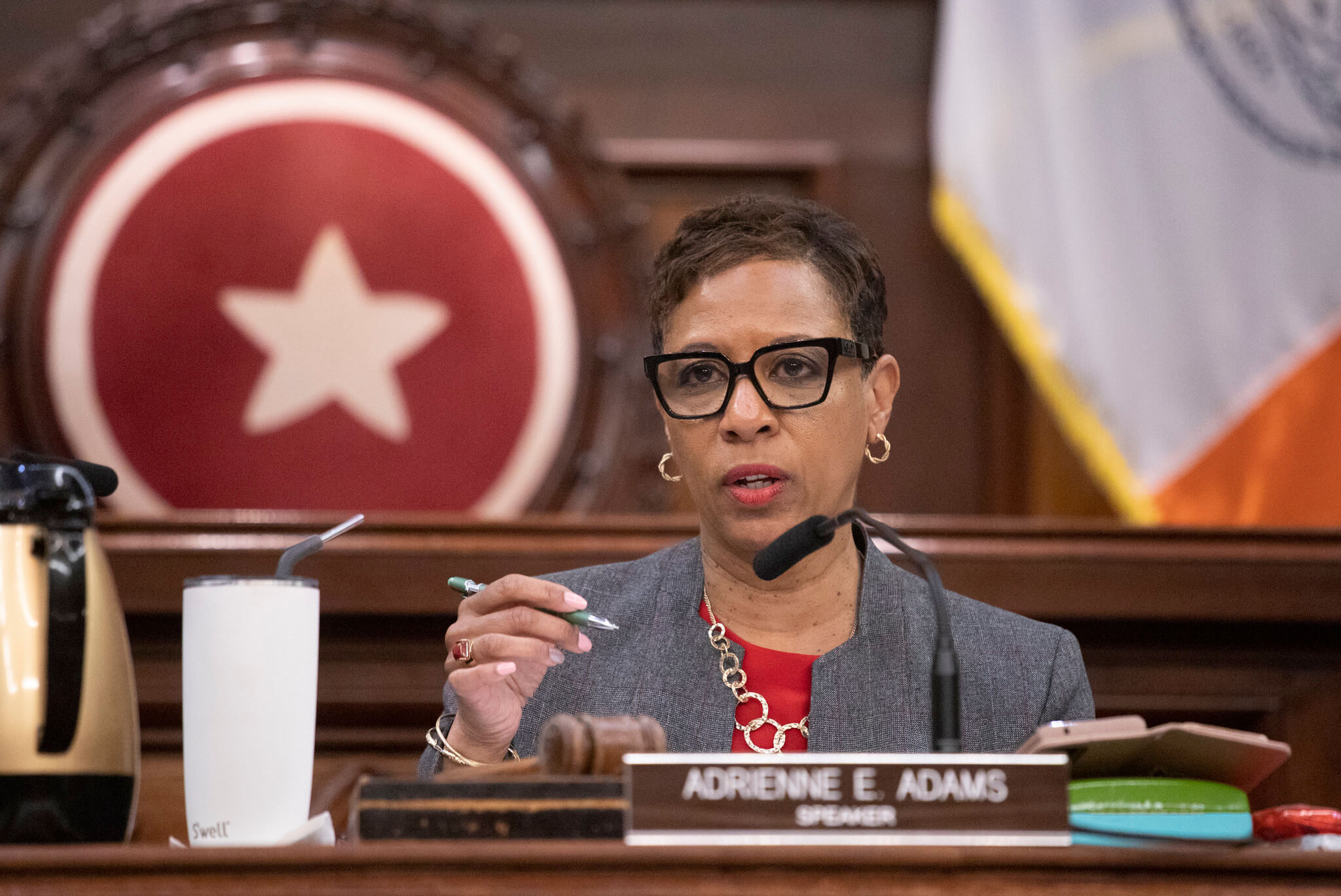
“What we’re focusing on is…how we are going to manage the transition from Rikers Island to those borough-based jail facilities,” he said. “But construction timelines and all of that, those questions have to be answered by DDC.”
DDC didn’t respond to amNewYork Metro’s request for comment on Molina’s remarks by publication time.
The commissioner said his agency is “plugged into” the particular projects when it comes to giving its expertise and guidance on design issues, but information about the facilities’ completion dates lies with DDC.
Last week, the speaker rallied with other citywide pols — including Comptroller Brad Lander and Public Advocate Jumaane Williams — calling for Rikers to be closed in accordance with a 2019 City Council law that requires it to be shut-down by Aug. 31, 2027. During the rally, the speaker blasted Mayor Adams for making what she characterized as “inconsistent statements” about the closure date, after he made recent public statements questioning the timeline.
The mayor, however, has maintained his administration will follow the 2019 law when it comes to closing the complex.
Molina said the agency is putting together a project management team, overseen by one of his assistant commissioners, charged with designing the transition from Rikers to the borough-based jails — like making sure the new jails are inline with State Board of Corrections (SBOC) standards. To fill that team, he said, DOC is recruiting uniformed staff internally and searching externally for subject matter experts.
The agency is currently meeting with the Mayor’s Office of Management and Budget (OMB) to fund the new positions, Molina said, with the hope that the new team will be assembled by late summer.
But possible delays to building the borough-based jails on time would be the fault of global economic forces, Molina said, and not DDC or the city at large. The jails commissioner claimed global supply-chain issues caused by COVID-19 and further exacerbated by the war between Ukraine and Russia would be to blame for any delays to construction.
“There is global unrest that is impacting our domestic ability, since we have a globalized interconnected system, to deal with supply chain issues,” Molina said. “We are so dependent on outside resources to do a lot of this development and construction … that is what has contributed significantly to the delays of the borough-based jail project.”



